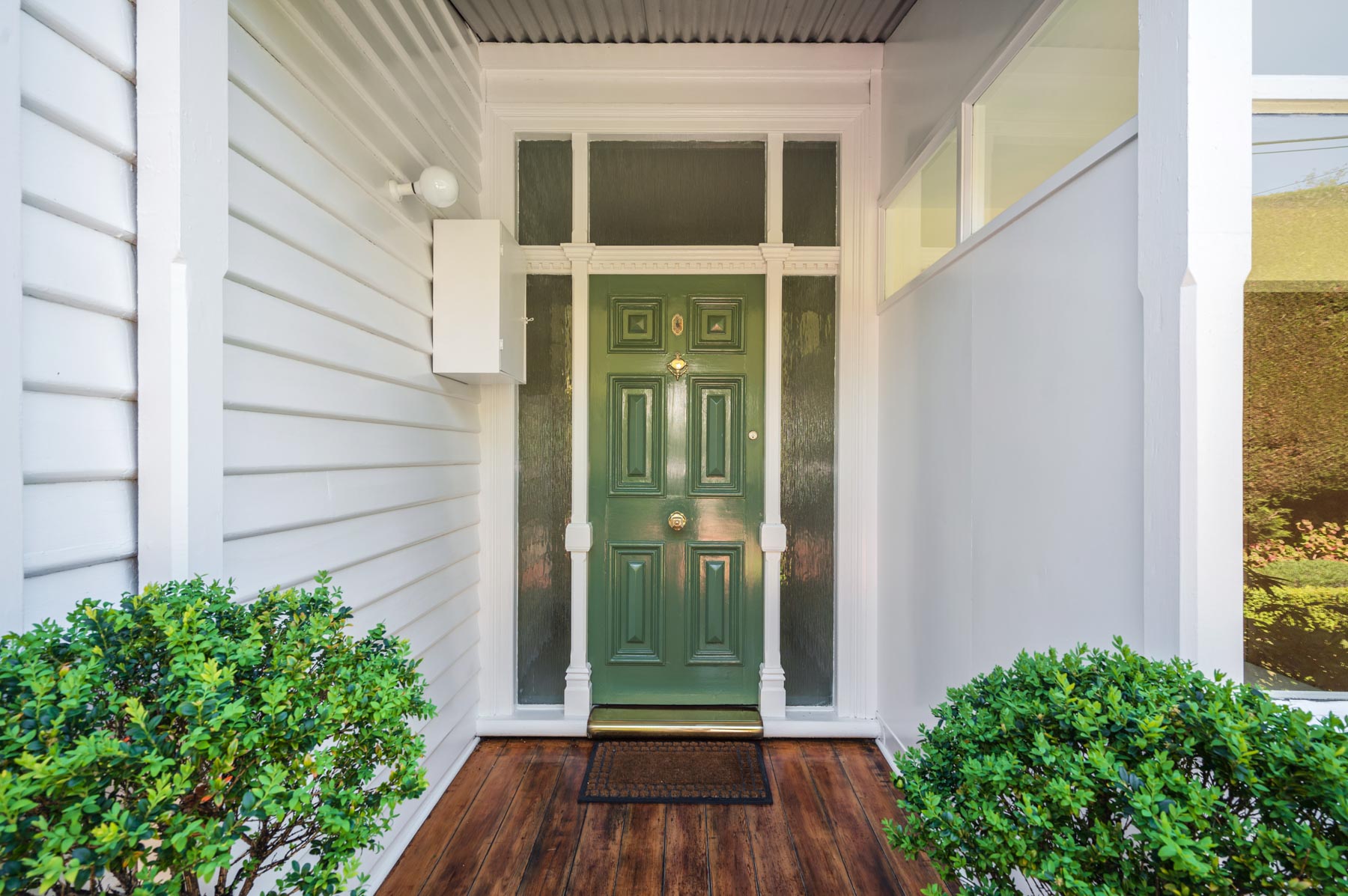 Paul Lyons and the WLF Accounting & Advisory team guide you through things to consider at tax time if you own an investment property…
Paul Lyons and the WLF Accounting & Advisory team guide you through things to consider at tax time if you own an investment property…
Do you have an investment property for rent? There are many expenses you can claim on your tax return to responsibly minimize your tax. The below checklist can guide you on what you can claim immediately and what should be deducted over several years.
Income:
- Rental property summary report from your property representative.
- Details of any other income – including insurance payouts for damages, reimbursement from tenants, etc.
- Capital Gains from the sale of a property – accountants will need copies of your purchase and sale contracts.
Deductions:
Some expenses relating to rental properties can be claimed immediately in your tax return, while other expenses are deductible over several years.
Immediate Deductions
- Stationery used to maintain your rental records
- Postage on documents relating to property management
- Telephone calls relating to property management – keep a diary record of these to satisfy the ATO
- Legal expenses relating to debt collection or tenant problems
- Electricity and gas – paid by you
- Landlord, building, contents, and public liability insurance
- Fees/commissions – including GST
- Postage
- Statement fees and bank charges/fees
- Lease document expenses
- Letting fees
- Advertising for tenants – paid by you or paid by agent
- Body corporate fees or Strata Title fees and charges. Special levies for capital works on a building can only be depreciated at 2.5%
- Cleaning
- Gardening/lawn mowing
- Pest control
- Security patrol fees
- Water rates, charges and usage, council rates
- Land Tax – first time owners must lodge an initial land tax return with the office of State Revenue in each state. This is YOUR responsibility – you won’t be automatically issued an invoice for this.
- Repairs relating to wear and tear or damage because of renting out the property. They do not include any repairs of any damage in existence at purchase the expense is a repair when it is being restored. Generally, repairs include; Plumbing, electrical and handyman. *
* Be aware of the difference between repairs and improvements. For example, fixing broken glass on a window is considered a repair. Replacing the whole window frame is an improvement which can be depreciated at 2.5%. Repairs made immediately after purchase of an investment property or maintenance to make the property suitable for rental are of a capital nature (initial repair). These form part of the cost of the property and can be depreciated and they are not immediately deductible.
- Balance of council rates, water rates and body corporate (settlement of property purchase)
- Interest and loan account fees on loans to finance investment properties:
For the interest to be deductible, the loan must have been applied to acquire an income producing asset e.g., a rental property. Where loans are used for both an investment property and private assets, the interest must be allocated based on how much of the principal was used for which purchase, this usually happens when you use a line of credit facility.
- Travel expenses (rent collection, inspections, repairs, and maintenance are no longer allowed by the ATO because of the 2017 Budget.
- Quantity surveyor, report showing depreciation expenses and Special Building Write-Off
- Cost of attending property investment seminars – only to the extent that they relate to operating or maximizing the return on currently owned properties.
- Where money is spent on relevant seminars before any property is acquired, there will be no deduction available.
Deductible over several years
- Borrowing expenses (Loan application fee, Title Search fees, Lenders Mortgage insurance, Stamp Duty on Mortgage, Mortgage Registration fees) are deductible over the period of the loan where the loan is less than five years, or otherwise deductible over 5 years.
- Depreciation on Plant & Equipment (“Decline in Value” of depreciating assets) costs of installing any plant and equipment are also depreciated.
- Depreciation on the Building Construction (“Capital Works” deduction)
For further information on all your accounting needs, please feel free to make contact with Paul Lyons from WLF Accounting and Advisory at https://wlf.com.au/ or on 03 6223 6155.
Disclaimer – this information has been sourced from the WLF Accounting and Advisory website. As per WLF, the information provided is of general nature only and does not take into account your investment objectives, financial situations or particular needs. The Morgan Group nor Peterswald for property are not accountants and do not claim to be. For all your accounting and taxation needs, please contact Paul Lyons from WLF Accounting & Advisory if you have any questions and visit https://wlf.com.au/ to view the full article.

